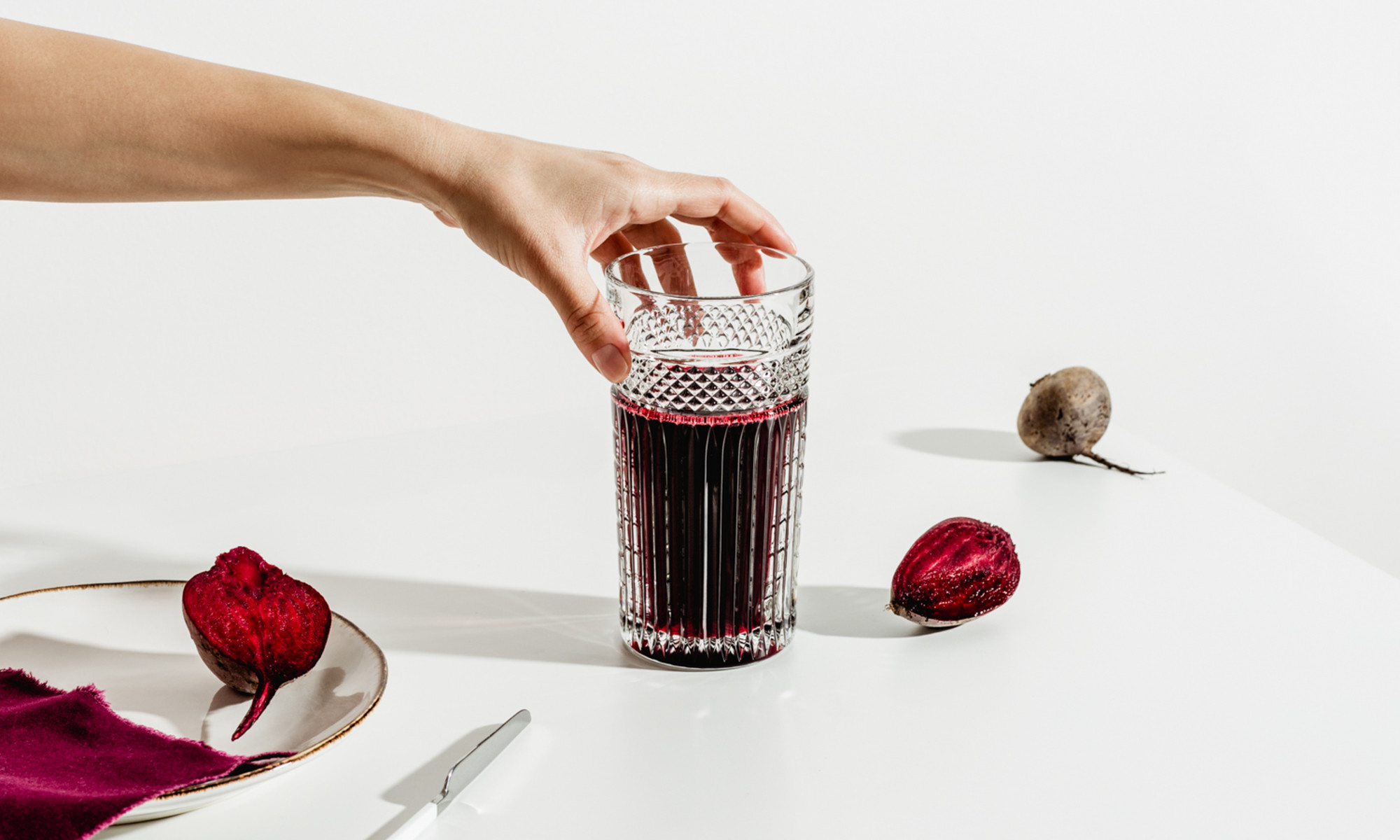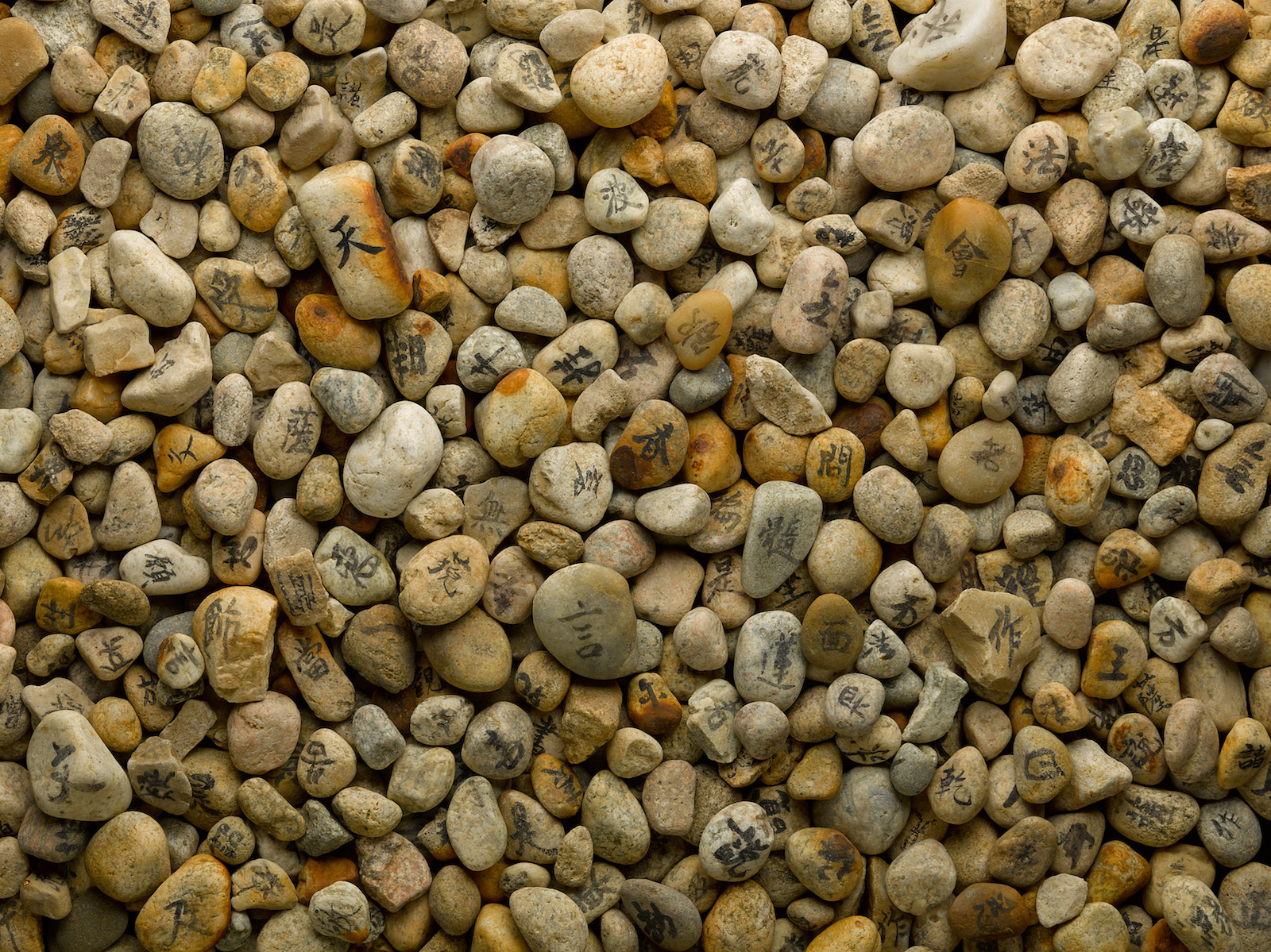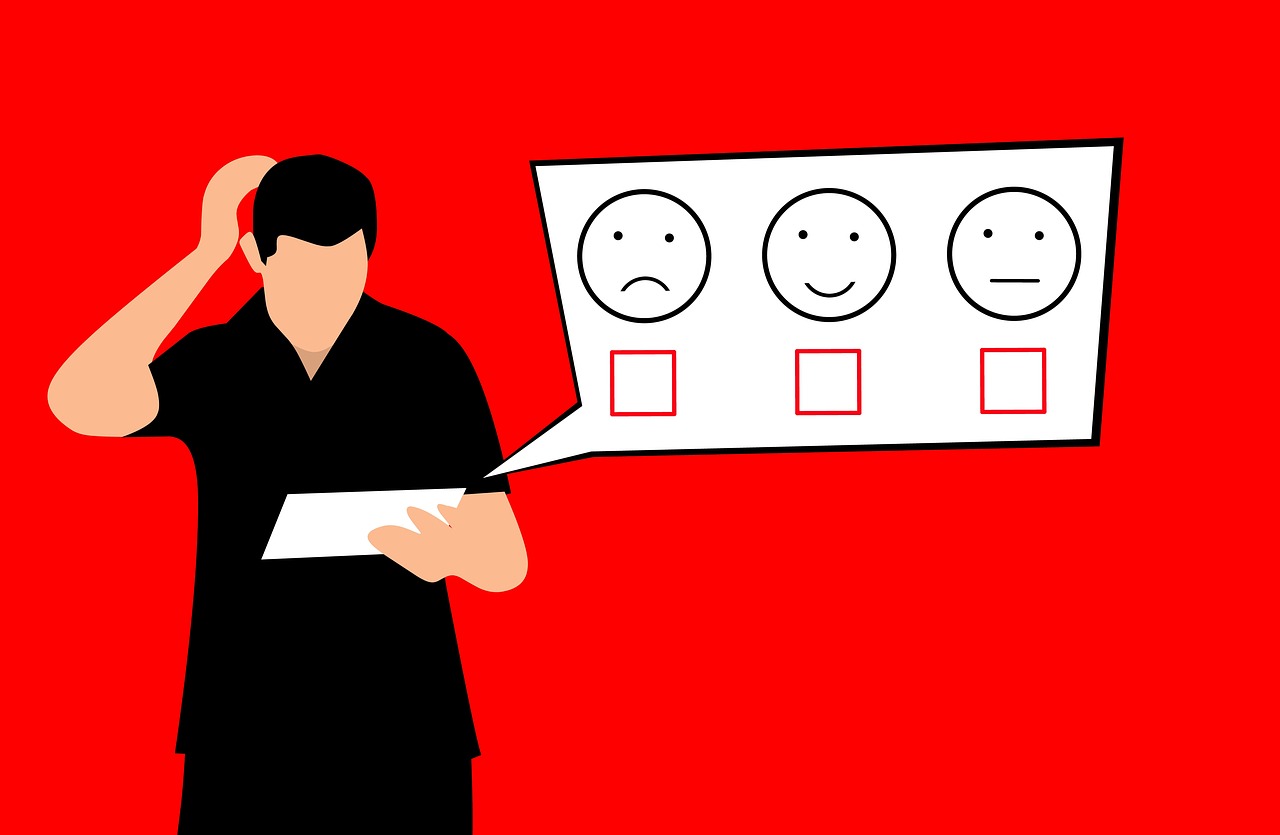This Nutritious Juice Is A+ For Brain Health & Blood Pressure
Here's the exciting research on this athlete-favorite drink.


Certified holistic nutritionist
Certified holistic nutritionist
Melissa Boufounos is a certified holistic nutritionist, nutrition writer, and lifelong athlete in the greater Ottawa, Ontario, Canada area. She specializes in sports nutrition and works with teen hockey players and competitive obstacle course race athletes in her virtual private practice MB Performance Nutrition.

Expert review by
Lauren Torrisi-Gorra, M.S., RD
Registered Dietitian
Lauren Torrisi-Gorra, MS, RD is a registered dietitian, chef, and writer with a love of science and passion for helping people create life-long healthy habits. She has a bachelor’s degree in Communication and Media Studies from Fordham University, a Grand Diplôme in Culinary Arts from the French Culinary Institute, and master's degree in Clinical Nutrition and Dietetics from New York University.
Image by Tatjana Zlatkovic / Stocksy June 11, 2023 Our editors have independently chosen the products listed on this page. If you purchase something mentioned in this article, we may Beet juice has been popular among athletes for the last few years due to claims that it can promote endurance, energy, and stamina. But are these claims backed by science? Read on to learn the top health benefits of beet juice and how to use it in your workout routine and beyond.
Advertisement
This ad is displayed using third party content and we do not control its accessibility features.
What is beet juice?
Beet juice, also known as beetroot juice, is a nutrient-dense, deep red vegetable juice made from raw beetroots. The flavor is typically described as earthy and mildly sweet. Store-bought varieties are usually cold-pressed and cost an average of six to 10 dollars per bottle (32 fluid ounces), depending on where you live. Most grocery stores carry at least one brand of beetroot juice, usually in the aisle with the other canned and bottled shelf-stable juices. You can also make beet juice at home with a juicer, blender, or food processor.
Beet juice nutrition
According to USDA data1, 1 cup of beet juice1 without ice contains the following. (However, some pre-made beet juices contain closer to 100 calories and 25 grams of sugar per cup, so check your labels to be sure.)
Advertisement
This ad is displayed using third party content and we do not control its accessibility features.
Beet juice benefits
Beet juice has been most studied for its cardiovascular and exercise performance benefits, but its high nitrate and phytonutrient content may lend itself to more health benefits worth exploring.
Advertisement
This ad is displayed using third party content and we do not control its accessibility features.
1.
It may lower blood pressure.
One of the major benefits of beet juice is that it acts as a vasodilator, which can help lower systolic blood pressure4 (the top number on your blood pressure reading).
“The nitrates and polyphenols in beetroot juice help relax blood vessels5 so they can open up to accommodate greater blood flow. This helps decrease the force of blood pushing against your artery walls,” explains sports dietitian and author Marie Spano, MS, RD, CSCS, CSSD.
High blood pressure, also known as hypertension, can damage your arteries, decreasing blood flow and leading to heart disease. “According to the World Health Organization, an estimated 1.28 billion adults aged 30–79 years worldwide have hypertension6 causing 7.5 million deaths, about 12.8% of the total of all deaths each year7,” says Lebovitz.
Exactly how much beetroot juice you need to drink every day to reap the blood pressure benefits is still up for debate. In a recent review, daily dosages ranged from 2.3 to 8.4 ounces8 over three to 60 days.
2.
It may improve athletic performance.
Athletes are always looking for a competitive edge, and supplementing with beetroot juice may offer a natural performance-enhancing solution. Performance dietitian and consultant Kelly Jones MS, RD, CSSD, says the dietary nitrates in beets and their blood vessel dilating functions are also linked to improvements in exercise performance9.
“This can improve circulation of oxygen and nutrients to, and waste products from, the muscles cells so they may be more energetically efficient during exercise10. Studies show beets can improve endurance performance, muscle power, and strength11,” says Jones.
"They also contain antioxidants quercetin and resveratrol, which are beneficial to mitochondria, the powerhouse of cells, as well as iron, an important mineral for energy metabolism that many athletes and highly active individuals may have a low intake of.”
Advertisement
This ad is displayed using third party content and we do not control its accessibility features.
3.
It may benefit brain health.
4.
It may support liver detoxification.
Advertisement
This ad is displayed using third party content and we do not control its accessibility features.
5.
It may reduce cancer risk (but we need more research to know for sure).
6.
It may reduce cold symptoms.
“A 2019 study showed that beetroot juice may help reduce cold symptoms19 caused by psychological stress,” says Kimberley Wiemann, MS, RDN, a registered dietitian. “Beetroot juice increases nitric oxide availability, which has been shown to help defend the body against bacteria or viruses.”
This was an early study, however, so more research is needed in this area.
How to add it to your routine
Most of the studied benefits of beet juice are linked to its nitrate content. If you don’t enjoy the taste of beet juice, you can still reap the nitrate benefits by eating beetroots in other forms, like a puree or smoothie, or by simply roasting them. “The benefits22 of beet juice can be obtained in many ways, including from both raw and cooked sources, although raw seems to have an improved antihypertensive effect overall,” says Wilhite.
Summary
It's safe to drink beet juice daily, and research shows that drinking about one cup a day seems to be enough to reap the benefits. You can use beet juice as a smoothie base, add it to sparkling water, or drink it on its own or with other flavorings.
Dosage for athletic performance
For athletic performance benefits, Jones recommends drinking three to five beets' worth of juice two to three hours before exercise to potentially aid in energy and stamina during workouts.
Spano says that older individuals23 may be more likely to notice performance benefits from drinking beet juice before a workout. Elite athletes are less likely to notice a benefit, so they may want to wait until after their training session. “Consuming [beet juice] after exercise may have anti-inflammatory effects as well as increased nutrient delivery to muscles, potentially improving recovery,” Spano adds.
Summary
You can drink a cup of beet juice a few hours before your workout for potential performance gains, or after your workout to assist with recovery.
Buying, juicing & storage tips
If you plan to make your own beetroot juice, there are a few things to remember from a safety standpoint since you can’t pasteurize it to kill harmful bacteria. The FDA recommends24 following these steps to prevent illness when preparing beet juice at home:
“To prevent foodborne illness, store beet juice in a clean, airtight container in the refrigerator for up to 2 days,” Wiemann suggests adding juice from a lemon or lime to help preserve the juice a little longer.
For those who don’t have as much time, or the necessary tools, to prepare beetroot juice at home several times per week, Schimmelpfenning suggests trying beetroot powder, which is shelf-stable and great for on-the-go nutrition.
If buying juice from a store, look for 100% pure organic beet juice that is freshly pressed, not made from concentrate, and doesn’t contain any other ingredients (except a small amount of lemon juice for preservation).
Beet juice side effects
Multiple studies have shown that drinking up to one cup of beetroot juice daily generally shows no negative effects3. However, people with certain health conditions may need to proceed with caution. “People prone to kidney stones should avoid or consume minimal beet juice due to its high oxalate content,” says Schimmelpfenning.
Schimmelpfenning also recommends that those focused on controlling blood sugar eat whole beets rather than drink juice. “While beet juice is rich in vitamins and antioxidants, it is also high in carbohydrates; juicing strips away the fiber. Without fiber, beets are a sugar cocktail that will spike blood sugar levels.”
“When consumed in excess, people with low blood pressure could experience their blood pressure dropping too low and should take caution,” adds Wiemann. Some people may experience headaches, and others may experience gastrointestinal distress after consuming beetroots.
Frequently Asked Questions
Is it good to drink beet juice every day?
Studies show that drinking up to one cup of beetroot juice daily shows no adverse side effects. You may notice the most benefits if you take beetroot juice daily over a period of time. People prone to kidney stones should avoid or consume minimal beet juice.
What is the best time to drink beet juice?
For those looking to experience the potential performance-enhancing benefits of beetroot juice, the recommended timing is to drink beet juice two to three hours before exercise. For health benefits, it doesn’t seem to matter when you drink beet juice.
How much beetroot juice is too much?
There is limited research on the potential harm of excessive consumption of beetroot juice. It appears safe to drink eight ounces of beet juice per day.
The takeaway
With an extensive list of health benefits, it should come as no surprise that beet juice continues to grow in popularity. Beetroot is packed with nitrates, phytonutrients, and antioxidants that can help lower blood pressure and improve athletic performance. Exciting research is emerging on how beet juice may even support liver and brain health. Drink up to one cup a day of the bright red brew on its own, combined with other juices, or worked into your favorite smoothie recipe.

 Troov
Troov 
































